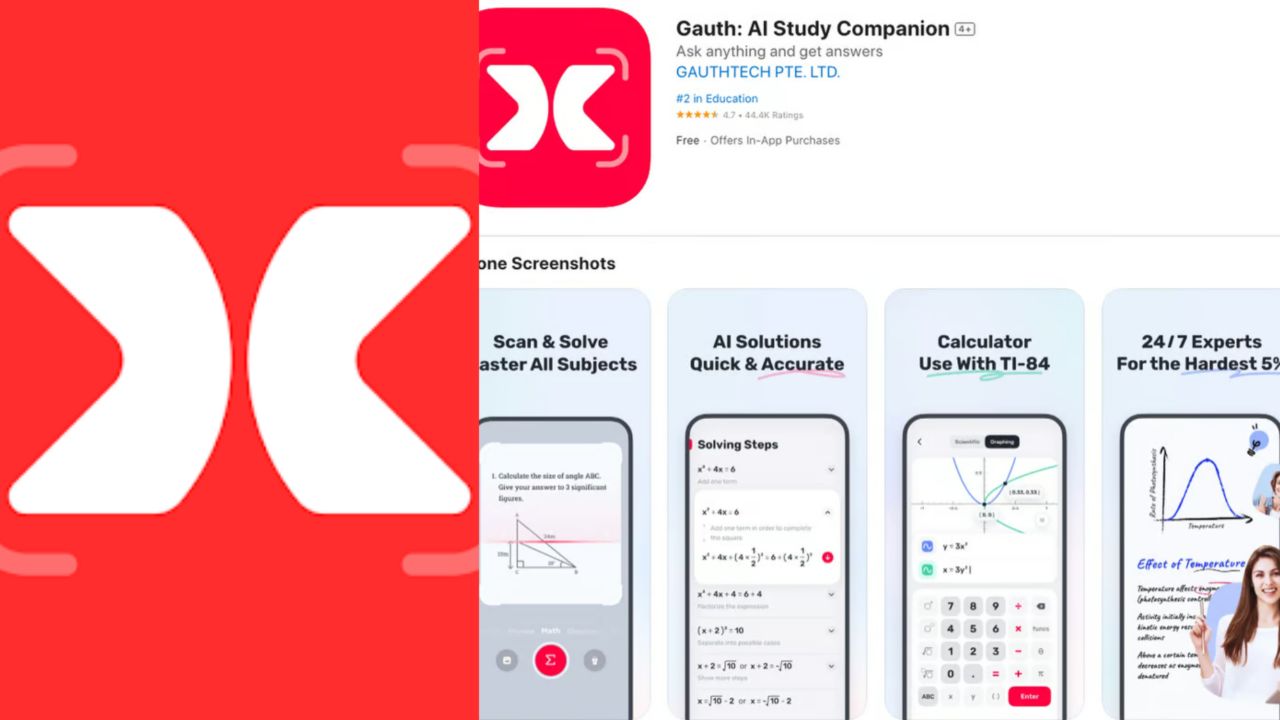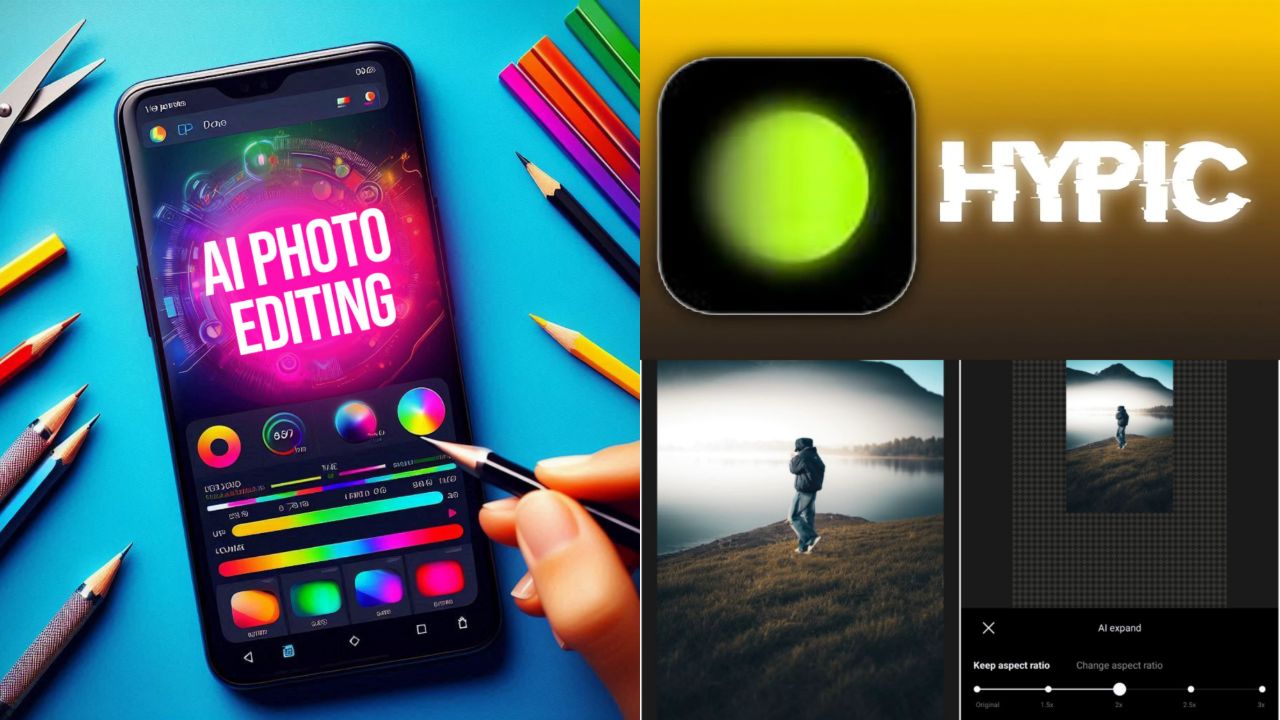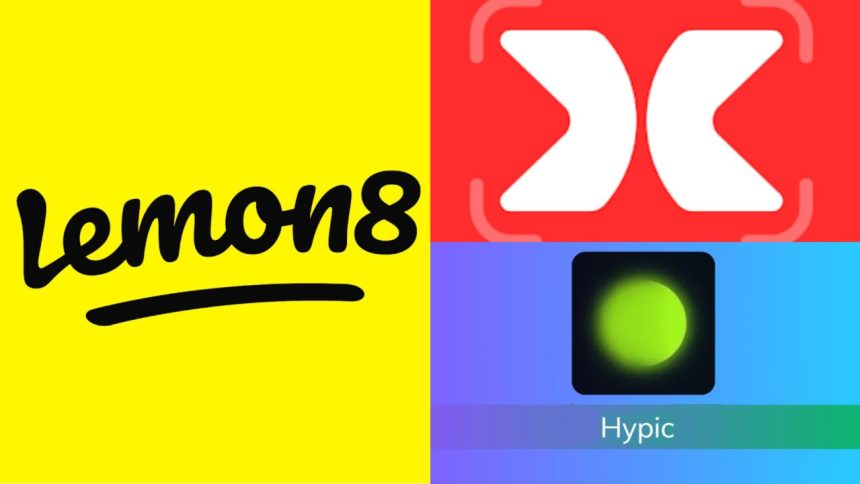The saga of TikTok, CapCut, and their ByteDance siblings (Lemon8, Gauth, Hypic) being booted from American digital life is like a bizarre mashup of a political drama and a tech thriller, with a splash of TikTok-worthy chaos thrown in for good measure.
As of January 19, 2025, these apps—central to the lives of millions of U.S. users—are gone. Not just from phones, but from the app stores themselves, as the U.S. government enforces its ban on ByteDance-owned platforms under the Protecting Americans From Foreign Adversary Controlled Applications Act (PAFACA). Let’s unpack this tangled web of geopolitics, tech, and a sprinkle of absurdity. And if you’re wondering about the legal loopholes to get around the ban, explore the steps outlined here.
Why Did ByteDance Apps Lemon8, Gauth, and Hypic Get Banned in the U.S. Alongside TikTok and CapCut in 2025?
Lemon8, Gauth, and Hypic, all ByteDance-owned apps, were banned in the U.S. on January 19, 2025, under the Protecting Americans From Foreign Adversary Controlled Applications Act (PAFACA), which mandates the sale of ByteDance apps to non-Chinese entities due to national security concerns. Lemon8, a Pinterest-style app with 16 million U.S. visits in December 2024, Gauth, the AI homework lifesaver for 300 million users, and Hypic, the cool photo-editing app with generative AI, are now gone from app stores and blocked for U.S. users. It all came to a head after the Supreme Court backed the ban just two days earlier, leaving ByteDance’s apps in the dust.

The heart of the drama lies with TikTok, a cultural juggernaut boasting 170 million U.S. users. Lawmakers have long wrung their hands over ByteDance, the Chinese parent company, citing national security concerns tied to China’s laws on corporate data sharing. PAFACA mandated ByteDance sell TikTok to a non-Chinese entity by January 19, or face the axe. The clock struck midnight, and instead of a fairy-tale reprieve, TikTok went dark. Open the app now, and you’ll be greeted by a cheery yet ominous message: “TikTok isn’t available right now. Stay tuned!” If only it were just TikTok, but the law took a broader swipe, axing all ByteDance apps from American shores.
Say goodbye to CapCut, the video-editing darling of TikTok creators. Known for its robust features and intuitive interface, it was the go-to app for crafting vertical masterpieces, whether for TikTok or other platforms. Lemon8, ByteDance’s sleek, Pinterest-like lifestyle app, also got caught in the crossfire. Lemon8 launched in the U.S. in February 2023, gaining traction with its curated aesthetic of food, beauty, and DIY inspiration. In December 2024, it pulled in 16 million visits—proof of its meteoric rise. Now? It’s off the grid.

Gauth, the AI-powered homework helper that reportedly solved billions of questions for 300 million users, is no more, leaving students scrambling for alternatives. Hypic, a photo-editing app leveraging AI to turn snapshots into cartoons or enhance their quality, also got the boot, alongside Lark, ByteDance’s Slack-like communication tool.
And that’s not even the full casualty list. Lesser-known apps like Melolo, which served up short dramas, and Fizzo, an online fiction platform, vanished too. Tokopedia, Indonesia’s e-commerce powerhouse now tied to ByteDance, is out of American app stores—except on Google Play, because this saga wouldn’t be complete without a sprinkling of inconsistencies. Even niche apps like TikTok Studio, TikTok Lite, and TikTok Shop Seller, which catered to creators and merchants within the TikTok ecosystem, are now relics of a bygone digital era.
The enforcement logistics were uniquely American. Unlike countries with centralized censorship mechanisms, the U.S. leaned on corporate compliance. Apple and Google were compelled to remove ByteDance apps or risk hefty fines. Meanwhile, Oracle, hosting U.S. TikTok data, reportedly began shuttering servers. These corporate maneuvers came as the Supreme Court upheld PAFACA in a unanimous January 17 decision, rejecting arguments that the law violated the First Amendment. Justice Evelyn Douek’s sardonic remark encapsulated the sentiment: “Apparently, all nine justices disagree with me, and their opinion tends to carry more weight.”

The political stuff just made it all feel even more ridiculous. Outgoing President Biden sidestepped enforcement, kicking the ball to incoming President Trump, who once tried—and failed—to ban TikTok during his first term. Trump’s stance now? He might grant ByteDance a 90-day extension, provided there’s evidence of a potential sale.
Along with MrBeast’s supposed offer, Elon Musk’s name even floated as a potential buyer, sparking rumors of a TikTok-X hybrid—a prospect ByteDance dismissed as “pure fiction.” Meanwhile, Americans—already divided on the issue—vented their frustrations online. Pew Research reports that support for the TikTok ban fell from 50% in 2023 to 32% in 2024. Many users decried the government’s priorities, flooding TikTok with farewell videos and satirical songs mocking the ban.
For ByteDance, the loss isn’t just cultural—it’s financial. Lemon8 was surging in popularity, ranking as the top lifestyle app in multiple categories. CapCut’s integration with TikTok made it a lucrative companion app. And TikTok itself? A behemoth of ad revenue and user engagement. Losing the U.S. market is a significant blow, though ByteDance seems adamant about retaining control, even if it means shutting down services rather than selling.
Apps which have been shut down in the US tonight:
• TikTok
• CapCut
• Lemon8
• Gauth
• Hypic
— Pop Base (@PopBase) January 19, 2025
The story isn’t over. Trump’s potential extension could buy ByteDance time, but whether that leads to a resolution remains uncertain. For now, TikTok and its sister apps join the ranks of the digital fallen, leaving millions of users adrift and a gaping hole in America’s social media landscape.



